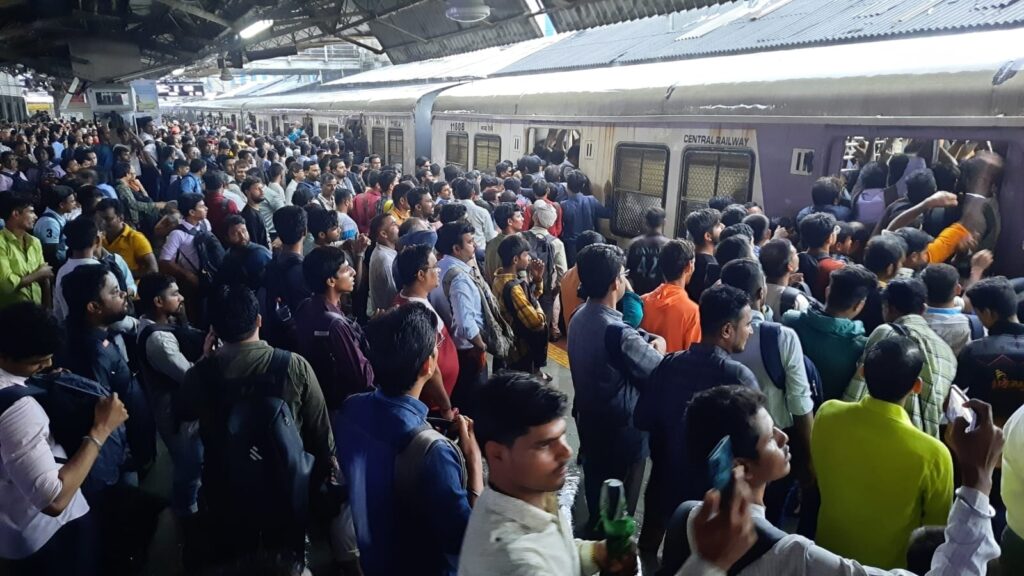If there’s one sentiment that binds the upper echelons of India’s administrative framework it is entitlement. A high court (HC) judge upset over inconveniences caused to him and his family during a recent train journey, and then asking the Railways for an explanation, is only the latest example of this only-in-India phenomenon. To the ordinary man who is not used to having police personnel in a coach to meet his requirements — one of the complaints in the letter by the HC’s registrar— a train running late by three hours and an unresponsive pantry staff might be a mundane, if inconvenient, phenomenon. But to the Allahabad HC judge, it spelt dereliction of duty, one that caused “great inconvenience and displeasure” and warranted an explanation.
Such a sentiment pervades the bureaucracy too. Earlier this month, this newspaper reported about a senior bureaucrat who was living in one of the Capital’s best addresses. And while no laws may have been technically flouted, the mindset at display, again, was one of being above the hoi polloi. Weeks before, a food inspector in Chhattisgarh’s Kanker felt it fit to drain 4.1 million litres out of the reservoir of a dam to recover his new expensive mobile phone.
In a country inured to the ways of top officials, such behaviour usually inspires mirth and some outrage. But underneath this depressing acceptance of unacceptable attitude lies something more insidious — the kid-gloves response that such behaviour gets from the authorities. Of course, comparing the actions of the judge, the former Delhi Jal Board chief with the swanky bungalow, and the Chhattisgarh officer is akin to comparing apples and oranges. But they point to something disturbing and rotten.
Enjoy unlimited digital access with HT Premium
Subscribe Now to continue reading


